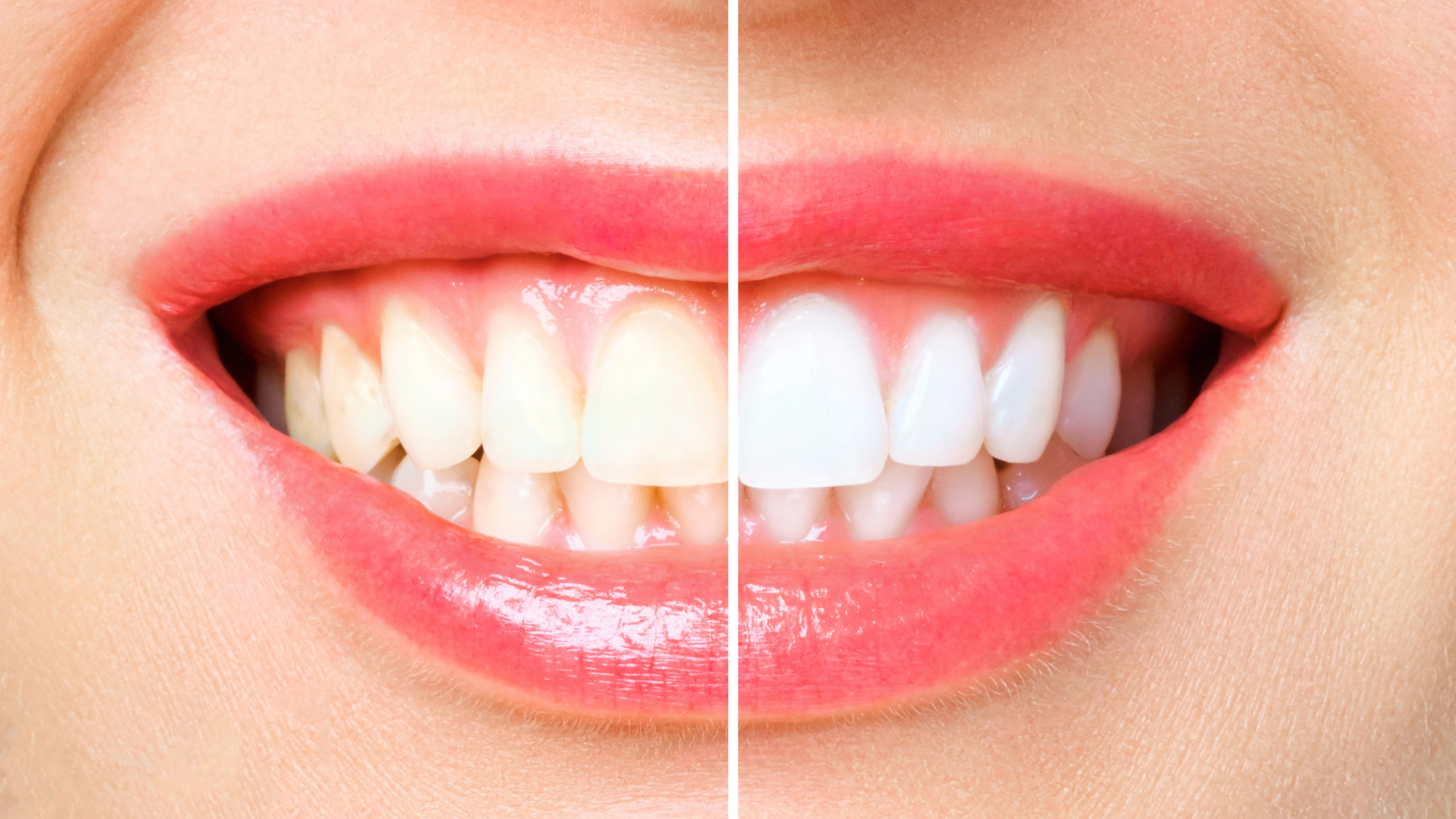Oral Health During Pregnancy: Tips for Expecting Mothers
Pregnancy brings many changes to a woman’s body, and oral health is no exception. Maintaining good oral hygiene during pregnancy is essential for both the mother’s and the baby’s health. In fact, poor oral health can lead to complications, including gum disease and tooth decay, which may affect the pregnancy. Here’s how expecting mothers can care for their teeth and gums during this special time.
1. Brush and Floss Regularly
Maintaining a consistent oral hygiene routine is vital during pregnancy. Brush your teeth at least twice a day with fluoride toothpaste to remove plaque and prevent cavities. Flossing once a day helps clean between the teeth, where toothbrushes can’t reach.
Pregnancy can lead to a condition called "pregnancy gingivitis," causing gums to become red, swollen, and bleed. This is usually caused by hormonal changes, but brushing and flossing regularly can help reduce these symptoms.
2. Maintain a Healthy Diet
What you eat can have a significant impact on your oral health. During pregnancy, it’s essential to consume a balanced diet rich in fruits, vegetables, and whole grains to provide essential vitamins and minerals for both your body and your baby’s development. Foods high in calcium, like dairy products, leafy greens, and fortified cereals, are especially important for healthy teeth and bones.
It’s also important to limit sugary snacks and drinks, as they can contribute to tooth decay. Opt for healthier snacks like nuts, cheese, and vegetables that won’t harm your oral health.
3. Stay Hydrated
Drinking plenty of water helps wash away food particles and bacteria in the mouth, promoting a healthy oral environment. Staying hydrated also helps combat dry mouth, which is common during pregnancy and can increase the risk of tooth decay and gum disease.
4. Visit Your Dentist Regularly
Regular dental visits are essential during pregnancy. Ideally, you should schedule a dental check-up early in your pregnancy to ensure that your teeth and gums are in good health. Be sure to inform your dentist about your pregnancy, as they may make adjustments to your care plan.
Professional cleanings are particularly important during pregnancy since plaque buildup can exacerbate gum disease. Your dentist may also recommend fluoride treatments or other preventive measures to protect your oral health during this time.
5. Treat Morning Sickness Gently
Many expecting mothers experience morning sickness, which can affect oral health. Vomiting can expose teeth to stomach acid, which can erode tooth enamel. To protect your teeth:
- Rinse your mouth with water or a fluoride mouthwash after vomiting to neutralize the acid.
- Avoid brushing your teeth immediately after vomiting, as brushing can wear away the softened enamel. Wait about 30 minutes before brushing.
6. Watch for Signs of Gum Disease
Pregnancy hormones can make you more susceptible to gum disease, which may result in tender, swollen, or bleeding gums. If left untreated, gum disease can lead to more serious oral health problems, and some studies have suggested a potential link to preterm birth.
If you notice any symptoms of gum disease, such as persistent bad breath or gum bleeding, contact your dentist immediately for evaluation and treatment.
7. Be Mindful of Dental X-rays
During pregnancy, routine dental X-rays should be avoided unless absolutely necessary. If X-rays are needed, your dentist will take extra precautions to ensure that both you and your baby are safe, including using a lead apron to protect your abdomen and thyroid.
8. Manage Pregnancy Tumors
Pregnancy tumors, also known as pyogenic granulomas, can develop in the mouth due to hormonal changes. These growths are typically benign and may appear on the gums, usually during the second trimester. While they may look alarming, they are not typically harmful. However, if you experience discomfort or notice any growths, consult your dentist for guidance.
Why Oral Health Matters During Pregnancy
Maintaining good oral hygiene is not only essential for your comfort but also for the health of your baby. Research has shown that gum disease during pregnancy can increase the risk of preterm birth and low birth weight. Taking care of your teeth and gums can help reduce these risks, ensuring a healthier pregnancy and a healthy baby.
In Conclusion
Pregnancy is a time of many changes, and your oral health should be a priority. By following a healthy oral hygiene routine, eating a balanced diet, staying hydrated, and visiting your dentist regularly, you can protect your teeth and gums during this important time. Don’t hesitate to reach out to your dental care provider with any questions or concerns—your health and your baby’s health are worth it!











